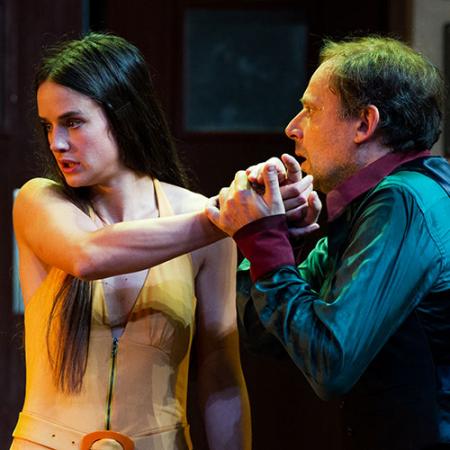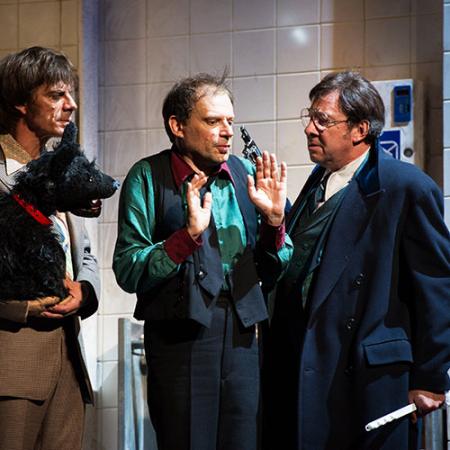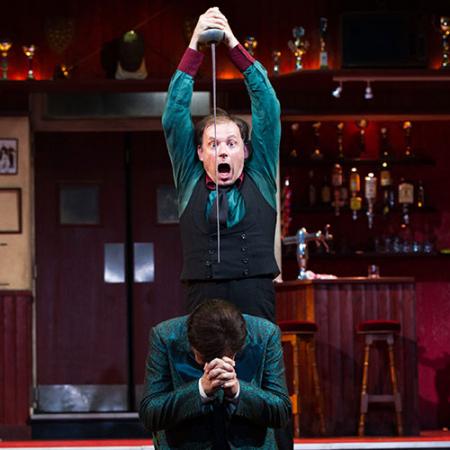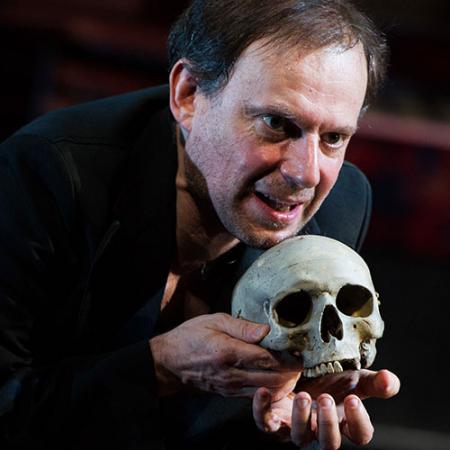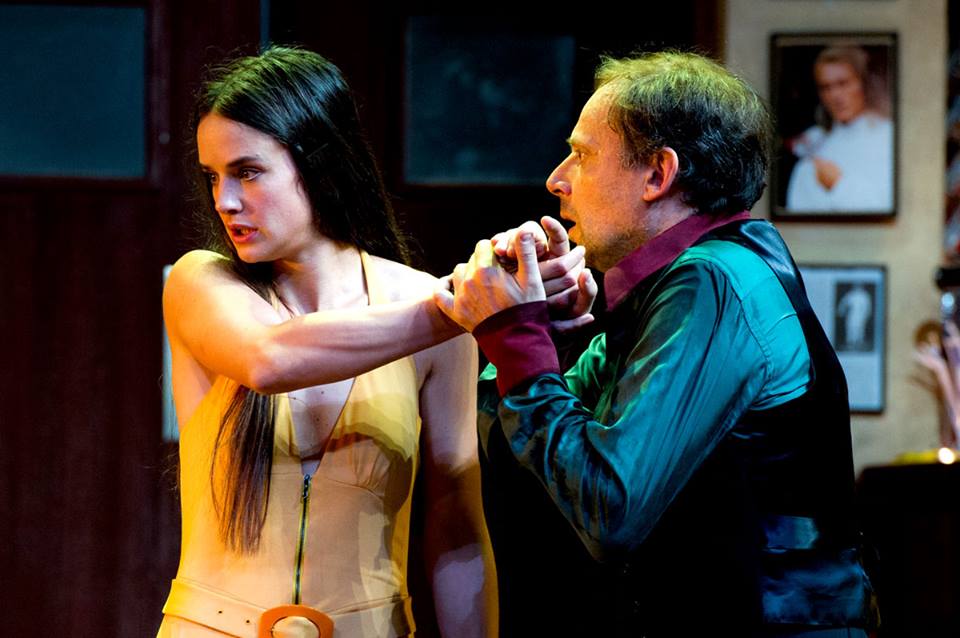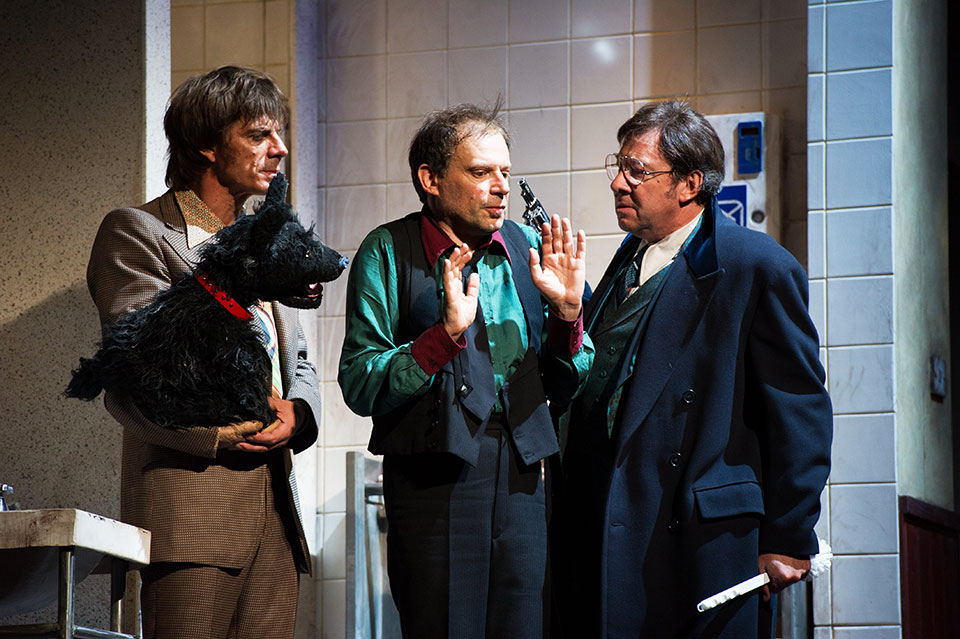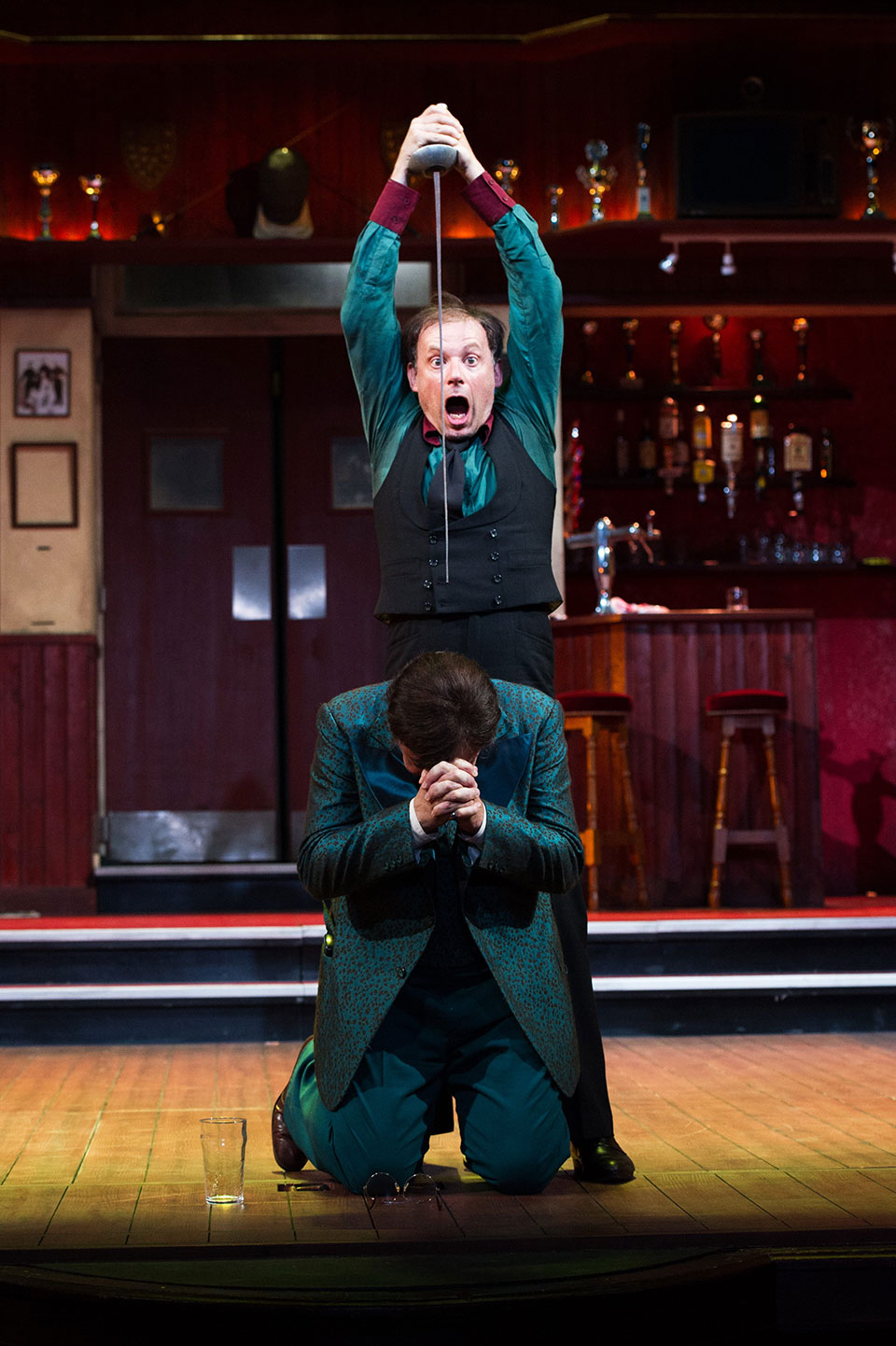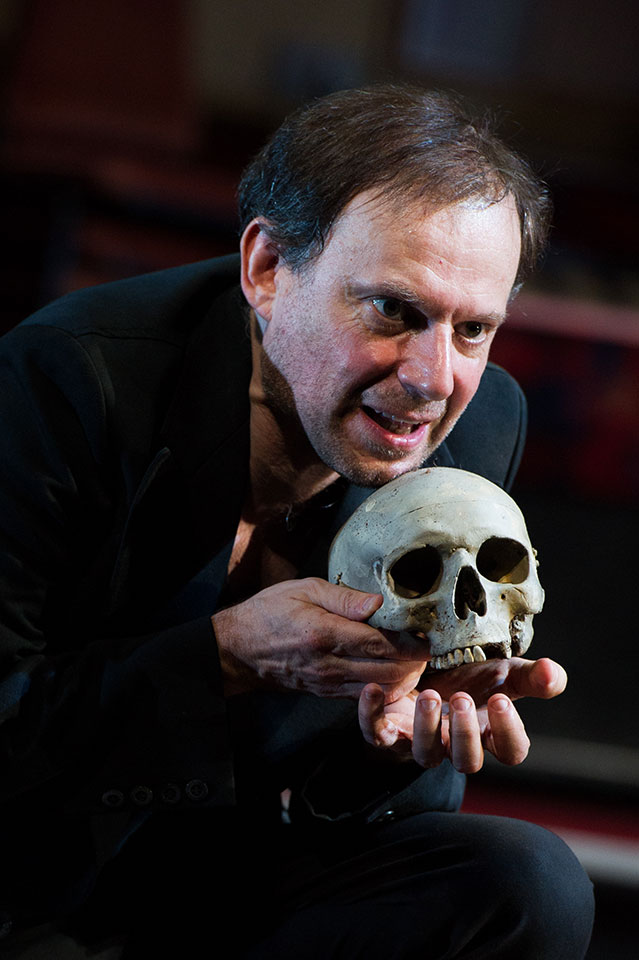La Tragédie d'Hamlet
by William Shakespeare
Directed by Dan Jemmett
Richelieu
Richelieu
La Tragédie d'Hamlet
2013-10-07 00:00:00 2014-01-12 00:00:00
A monument of Western literature, an eternal image of modernity, Hamlet asks what man is and hence, speaks to each one of us.
On the walls of Elsinore, the sentinels fear the apparition of a spectre that the fortress walls cannot keep out. The ghost of the king of Denmark reveals to his son, Hamlet, that he died by the hand of his own brother, Claudius. Not long after the deed, Claudius married Gertrude, the king’s widow and Hamlet’s mother. The moral decay of the Court is starkly exposed on the occasion of a theatrical performance orchestrated by Hamlet as a mirror of the royal couple’s wickedness, a prelude to his revenge. The tragedy then draws the protagonists into a deadly spiral: Polonius, the late king’s and now the usurper’s chamberlain is murdered by Hamlet; his daughter Ophelia, who is in love with Hamlet, subsides into madness and drowns; the final duel between organised by Claudius between Hamlet and Laertes––Ophelia’s brother––is fatal to all three, while the Queen is dying, having drunk the wine mixed with poison her husband intended for her son.
William Shakespeare, the author
Hamlet, probably brought to the stage around 1600/1601, is the Shakespeare play that has generated the most commentary, giving rise to a genuine myth around his eponymous character. This elusive and timeless work is known by two editions published during the author’s lifetime: the first, highly elliptical edition, dated 1603, indicates that the play had been performed in London, Oxford and Cambridge; the second, more substantial edition, was published in 1604. The play marked the culmination of an already rich career, developing all at once in the genres of tragedy, comedy, historical plays and poetry. A monument of Western literature, at once a political tragedy, a metaphysical text and an eternal image of modernity carried by an unalterable poetic force, Hamlet asks what man is and hence, speaks to each one of us.
Dan Jemmett, the director
The English director Dan Jemmett is familiar with Shakespeare’s work, which he has revisited humorously and unceremoniously in Presque Hamlet (2002) Shake –after Twelfth Night (2001)– and Les Trois Richards, Richard III (2012). He also staged The Comedy of Errors in 2010, as well as Twelfth Night and The Tempest at the Polski Theatre in Warsaw in 2011. He has recently directed Fassbinder’s El café, after the Goldoni comedy, at the Teatro de La Abadia in Madrid. At the Comédie-Française, Dan Jemmett presented Molière’s The Affected Young Ladies in 2007 and Eduardo de Filippo’sGrand Magic in 2009. For Hamlet, the clubhouse setting with bar, jukebox and dance floor, the spatial and visual starting point for a journey into this immense work, recalls the strong force of imagination of the Elizabethan stage; “Making of nothing a whole world”, as John Donne, a contemporary of Shakespeare wrote.
3:10 WITH AN INTERMISSION

Creative team
Translation: Yves Bonnefoy
Direction: Dan Jemmett
Artistic collaboration and dramaturgy: Mériam Korichi
Scenography: Dick Bird
Costumes: Sylvie Martin Hyszka
Lights: Arnaud Jung
Fencing master: Jérôme Westholm
Hairdressing: Cécile Gentilin
Make-up: Laura Ozier
Distribution
the company
-
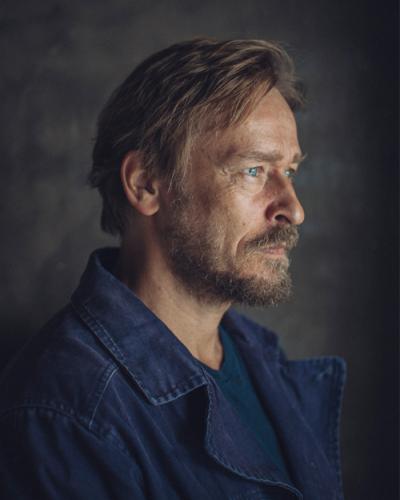
-
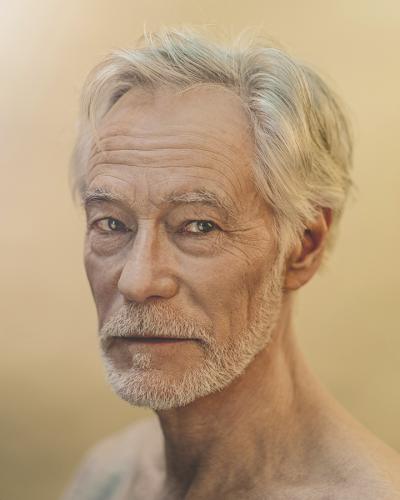
-
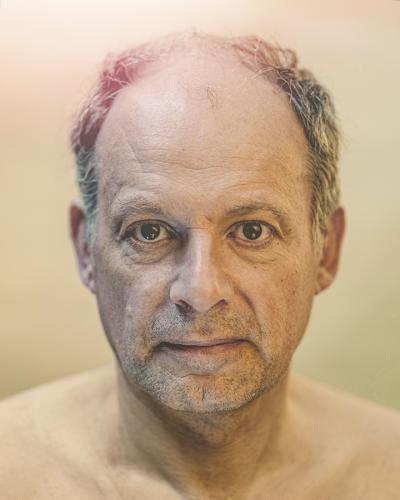
-
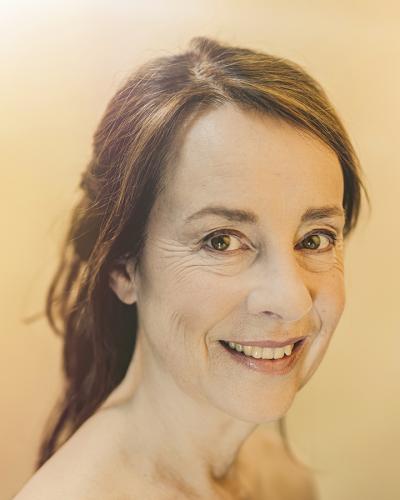
-
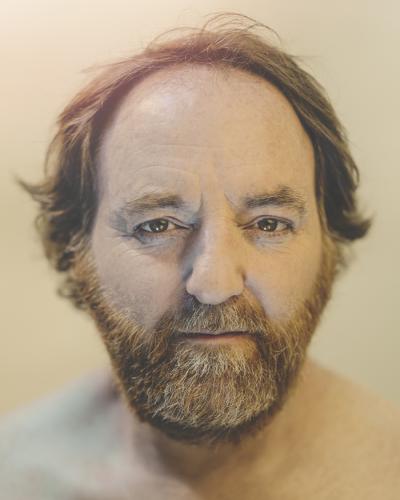
Jérôme
PoulyLaërte
-
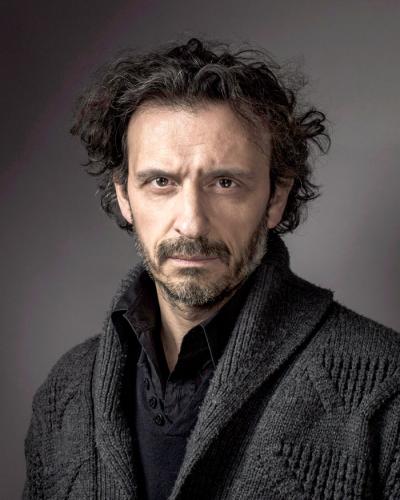
Laurent
NatrellaBernardo, Valtemand, 2e Comédien, le Marin, 1er fossoyeur, Le Prêtre, L’Ambassadeur d’Angleterre
See biography -
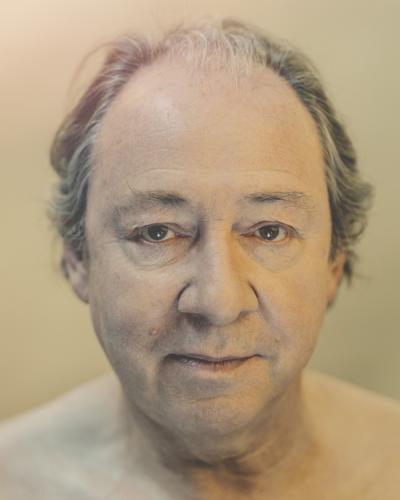
-
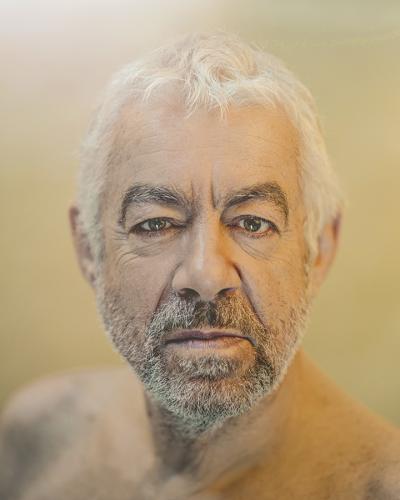
-
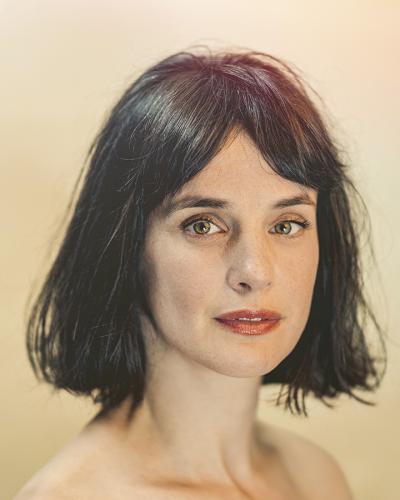
-
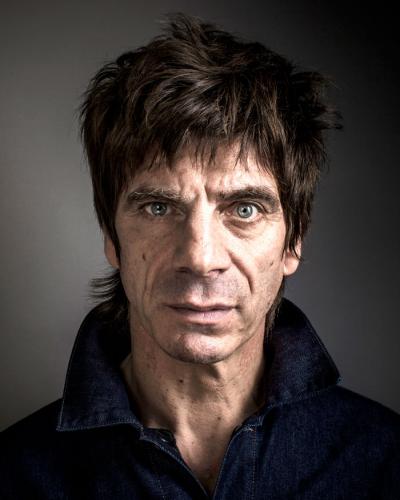
Elliot
JenicotRozencrantz et Guildenstern
-
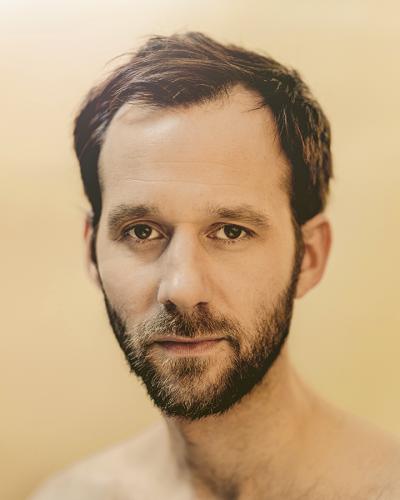
Benjamin
LavernheMarcellus, Reynaldo, 3e Comédien, Un Capitaine, Un Messager, Osrik, 2e fossoyeur
See biography
